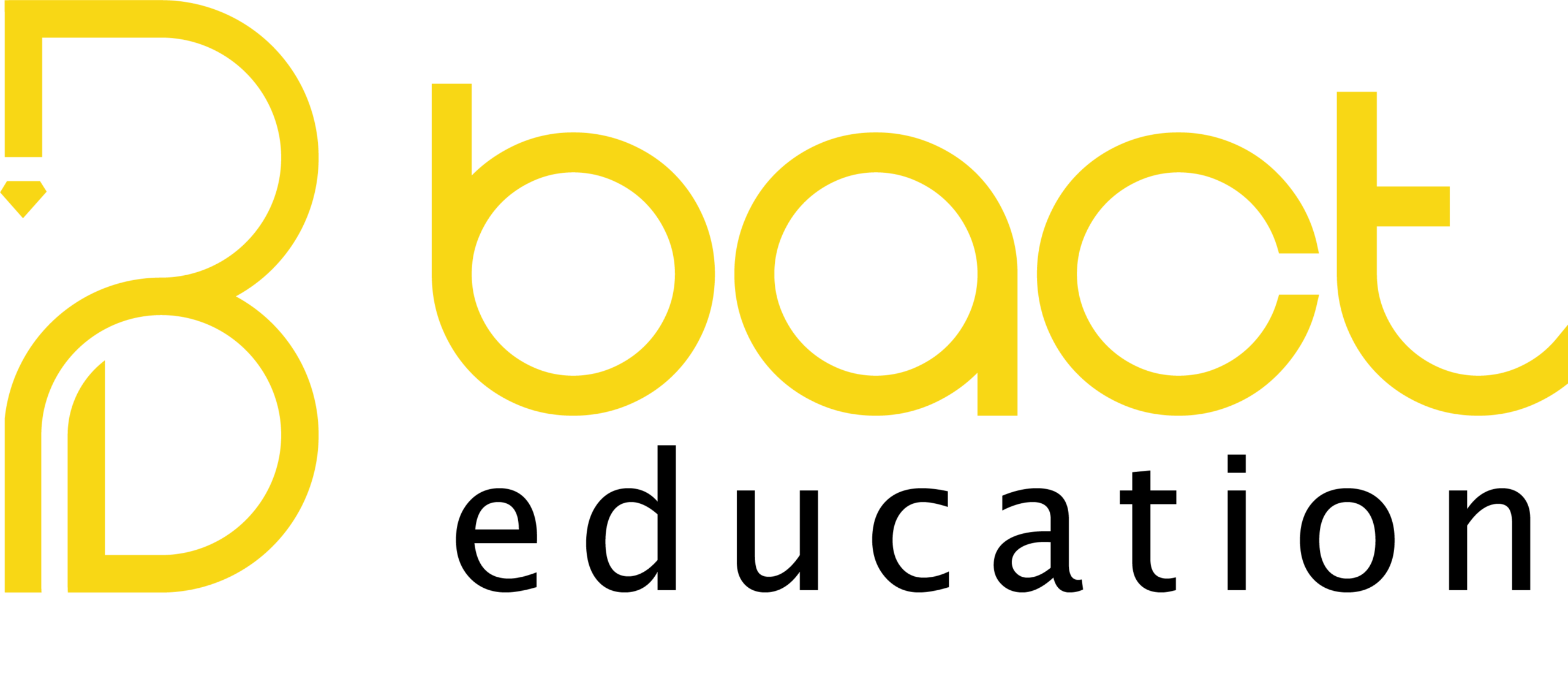Arabic Language Teaching Programs for Non-Native Speakers
in the United Arab Emirates
The United Arab Emirates (UAE) is characterized by great cultural and linguistic diversity, which is considered one of the most prominent features of Emirati society. As a result of this diversity, there has been a growing need for effective educational programs to teach Arabic to non-native speakers, given the large number of residents who speak other languages and seek to learn Arabic as it is the main language of communication. Hence, the importance of implementing educational programs that aim to teach Arabic to non-native speakers in ways that suit their needs, purposes, and interests.
The Importance of Teaching Arabic to Non-Native Speakers in the UAE
The Arabic language is one of the key cultural pillars of the United Arab Emirates. The country has made great efforts to promote and teach Arabic, as it represents a vital foundation for strengthening cultural and national identity. Arabic language programs for non-native speakers enable learners to gain a deeper understanding of Arab culture, which helps facilitate their integration into local society and opens new avenues for cooperation among the diverse nationalities residing in the country.
Objectives of Arabic Language Teaching Programs for Non-Native Speakers
The Arabic language teaching programs for non-native speakers in the UAE aim to achieve a set of objectives that develop both the linguistic and cultural skills of learners, such as:
- Facilitating communication: The primary goal of these programs is to enable learners to master basic language skills (reading, writing, listening, and speaking), allowing them to interact effectively in everyday situations.
- Cultural and social impact: These programs contribute to promoting intercultural understanding and cooperation, thereby fostering a multicultural society based on tolerance, respect, and mutual understanding.
- Employment opportunities: Mastery of the Arabic language in the UAE enables non-native speakers to participate more effectively in the job market and in various public and private sectors.
Challenges Facing Arabic Language Teaching Programs for Non-Native Speakers
Despite the significant efforts made by educational institutions in the UAE to provide distinguished programs for teaching Arabic to non-native speakers, there are still several challenges, including:
- Linguistic and cultural differences: Learners may face difficulties in understanding the cultural and linguistic aspects of Arabic, such as local dialects, which can be challenging for them. This necessitates the adoption of flexible and integrated teaching methods.
- Limited learning time: Many learners may have limited time to study Arabic due to work or academic commitments, which can hinder their progress in developing different language skills.
- Educational resources: Although there are numerous initiatives and programs for teaching Arabic to non-native speakers, some educational centers still face challenges in providing suitable learning materials that meet learners’ needs and professional goals.
Conclusion
Arabic language teaching programs for non-native speakers in the United Arab Emirates represent an important step toward strengthening national identity and deepening cultural understanding among the various nationalities living in the country. These programs go beyond mere language instruction—they also promote intercultural understanding and cooperation within Emirati society. As such, they serve as a fundamental pillar in fostering social diversity and peaceful coexistence among community members. Despite existing challenges, the strong commitment of governmental and educational institutions has led to the continuous development of these programs to better meet learners’ linguistic needs and learning goals.

